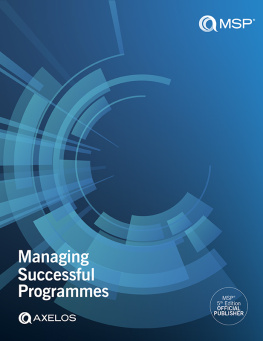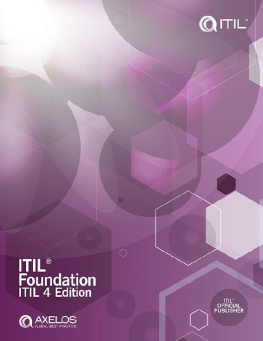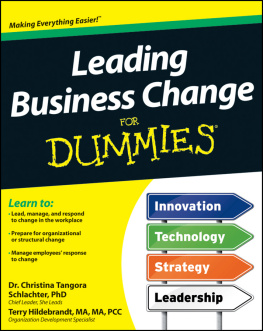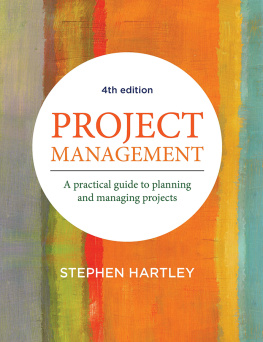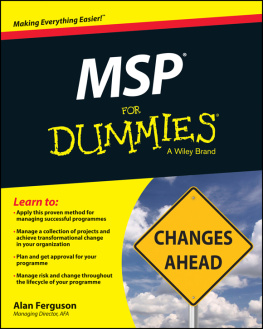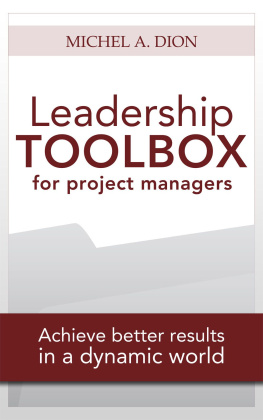Contents

Managing Successful Programmes


Published by TSO (The Stationery Office), part of Williams Lea, and available from:
Online
www.tsoshop.co.uk
Mail, Telephone, Fax & E-mail
TSO
PO Box 29, Norwich, NR3 1GN
Telephone orders/General enquiries: 0333 202 5070
Fax orders: 0333 202 5080
E-mail:
Textphone 0333 202 5077
TSO@Blackwell and other Accredited Agents
AXELOS
Full details on how to contact AXELOS can be found at: https://www.axelos.com
For further information on qualifications and training accreditation, please visit: https://www.axelos.com/certifications
https://www.axelos.com/archived-pages/becoming-an-axelos-partner/training-organization-and-trainer-accreditation
For all other enquiries, please email:
Copyright AXELOS Limited 2020
All rights reserved. No part of this publication may be reproduced in any form or by any means without permission in writing from AXELOS Limited.
Applications to reuse, reproduce or republish material in this publication should be sent to the licensing team at:
Registered office address: 30 Berners Street, London, England, W1T 3LR
AXELOS, the AXELOS logo, the AXELOS swirl logo, AgileSHIFT, ITIL, MoP, M_o_R, MoV, MSP, P3M3, P3O, PRINCE2, PRINCE2 Agile, and RESILIA are registered trade marks of AXELOS Limited.
Fifth edition 2020
ISBN 9780113316762
Material is FSC certified and produced using ECF pulp, sourced from fully sustainable forests.
J003706005 09/20
List of figures
List of tables
Foreword
The world today is constantly changing and appears more complex and uncertain than ever. If they want to ensure their continued survival and future success, organizations and their leaders must recognize the need to respond to these changes with a significant investment in time, resources, and people. Programme management provides a framework that enables organizations to lead investments in change by serving multiple organizational objectives that will achieve positive outcomes and realize tangible benefits.
Managing Successful Programmes (MSP) is a globally recognized, valued, and adopted programme management framework. Many private, public, and third-sector organizations have successfully used the framework in a wide range of situations. They have discovered how MSP helps them to introduce changes that are aligned with organizational strategy, and ensure that the reasons for the changes and the programme vision are effectively communicated and understood.
The fifth edition of Managing Successful Programmes responds to a number of developments in the world of programme and project management, and it reflects evolving perceptions of programme management that have become evident through extensive research and consultation with leading practitioners. Consequently, this edition has been designed with some broad concepts in mind to make it even more beneficial for everyone using the framework. In summary, the new design will:
ensure that MSP is adaptable, flexible, and can be used in a wide range of environments. There are many and varied drivers for change, and MSPs approach to programme management should ensure that the organizations investment in change is wisely managed.
provide clear and practical guidance for a wide range of situations and investments that benefit from programme management.
not replicate guidance that is provided in other methods such as PRINCE2 or PRINCE2 Agile, but instead offer additional value to anyone involved in a programme (including programme managers, project managers, and business change managers).
emphasize the incremental nature of a programme and show how MSP enables a cyclical progression towards the desired future state. Organizations are complex and the external context is emergent; therefore the delivery of benefits and the creation of value cannot usually be achieved through a series of linear steps.
However, the essence of what a programme is remains the same: it is temporary, it is focused on outcomes of benefit, and it is concerned with leading multiple projects and other work. As before, the framework has principles, themes, and a set of processes that make up the lifecycle of a programme.
I am confident that this new edition of Managing Successful Programmes, along with the associated accredited training and qualification scheme that supports it, will help current and aspiring programme managers (and others in the programme team) to successfully lead and deliver their programmes.

Mark Basham
CEO, AXELOS Global Best Practice
Preface
When I was asked to be lead editor on the fifth edition of Managing Successful Programmes, I was both honoured to be asked, and intrigued to learn how this tried and tested product could be improved.
One of the things the team discussed as we began the work was the definitions debate that has consumed our profession over the years. There have been some excellent attempts to try to put clear blue water between projects, programmes, and portfolios, and a guide such as Managing Successful Programmes must, of course, continue to be clear. However, the world of practice (the people who are taking investment decisions to attempt to create a strategic advantage for their organization, and the people who are tasked with leading the delivery of those investments and their associated outcomes and benefits) cares much less about definitions. For certain, job titles do not reflect strict demarcation between projects, programmes, and portfolios, and the leadership of planned change can take many forms. We noticed that much planned change work that could benefit from a programmatic approach was not called a programme; strategic projects or major projects were two examples.
Accordingly, one of the changes you will see in this edition is that the core guidance (the principles, themes, and processes) is applied to four scenarios that reflect examples of how programme management is used in practice. We have been careful to not call these types of programme because a typology aims to make things distinct. We have instead referred to different reasons for using programme management to reflect the fact that in practice, there may be many reasons for investing, and multiple ways to configure a programme to achieve the desired goals.
We also took the decision early in the process that Managing Successful Programmes was not the place to delve deeply into the how to of some of the essential elements in programme management (e.g. stakeholder engagement or the sizing of financial contingency). Other AXELOS publications fulfil this purpose. As a result, you will see that this fifth edition is shorter, making the essential elements of the guidance very clear and leaving more scope for practitioners to tailor the actual programme governance and plans to meet the needs of the investing organization. We believe that this balance of clear advice and scope to tailor gives the guide a renewed relevance in a fast-changing world where the ability to reliably deliver complex change is a vital organizational capability.

